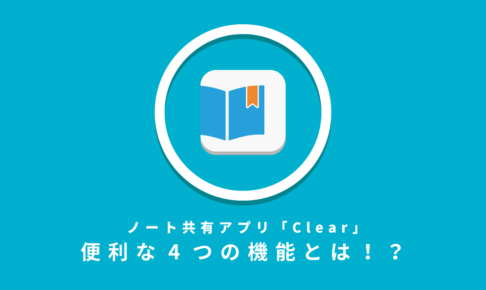①
(1) 〇 =He told a funny joke, and it(=the joke) made(使役動詞) us laugh(動詞の原形).
※, which(関係代名詞・主格) =, and it(代名詞・主格)
彼は面白いジョークを言って、私達を笑わせた
(2) The man(S1) <(with whom) my mother(S2) was talking(V2)> is(V1) my uncle(C1).
<私の母が話をしていた>男の人は私の叔父さんです。
(3) <(What)(S1) impressed(V1) me(O1) most>(S2) was(V2) his politeness(C1).
<私をもっとも感動させたこと>は彼の礼儀正しさでした。
②
(1) We visited New York, (where) we enjoyed some musicals.
私達はニューヨークを訪れ、そしてそこでミュージカルを楽しみました。
(2) June is the moth <([in]) (which) we have much rain>. ← We have much rain [in] the month.
6月は<多くの雨が降る>月です。
(3) Did you tell your parents about <(what) you bought yesterday>? what(=関係代名詞):先行詞不要で「もの」「こと」の意味を持つ
あなたは<昨日買ったもの>について両親に話しましたか?
(4) I saw a woman <(for) (whom) you are waiting>.← 変な英文❣
私は<あなたが待っている>女性を見ました。
参考にしてください。















